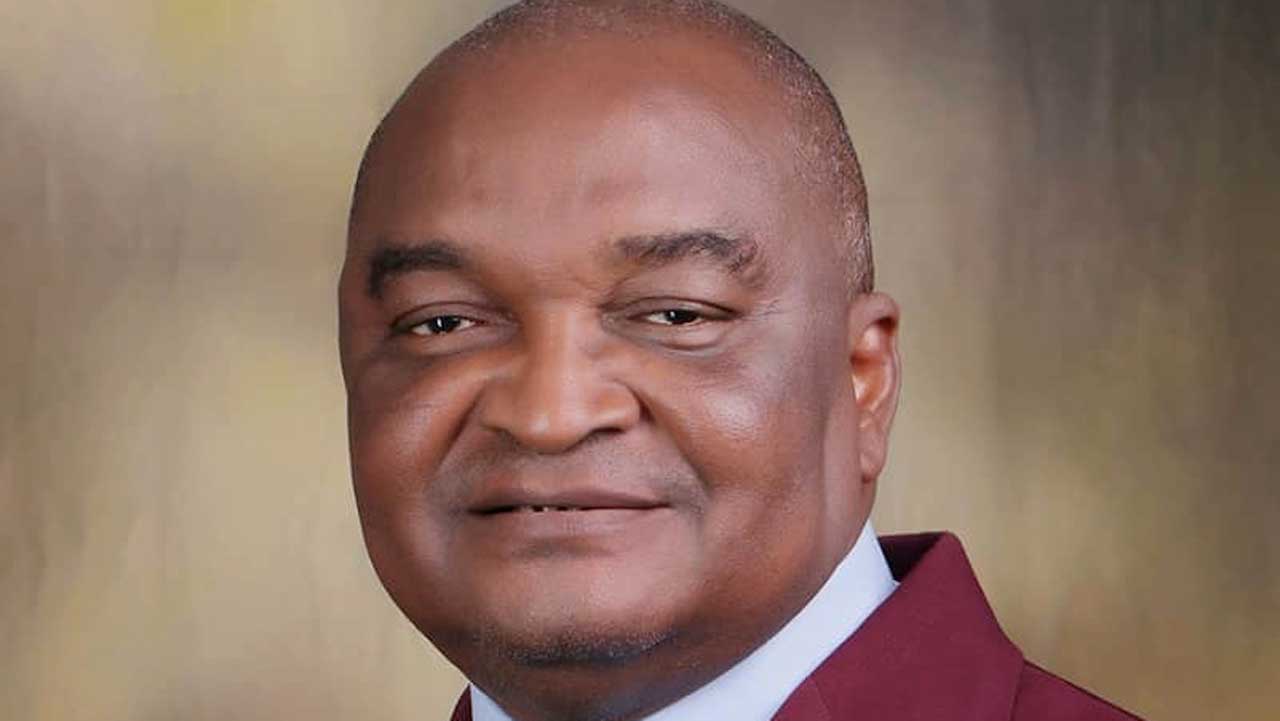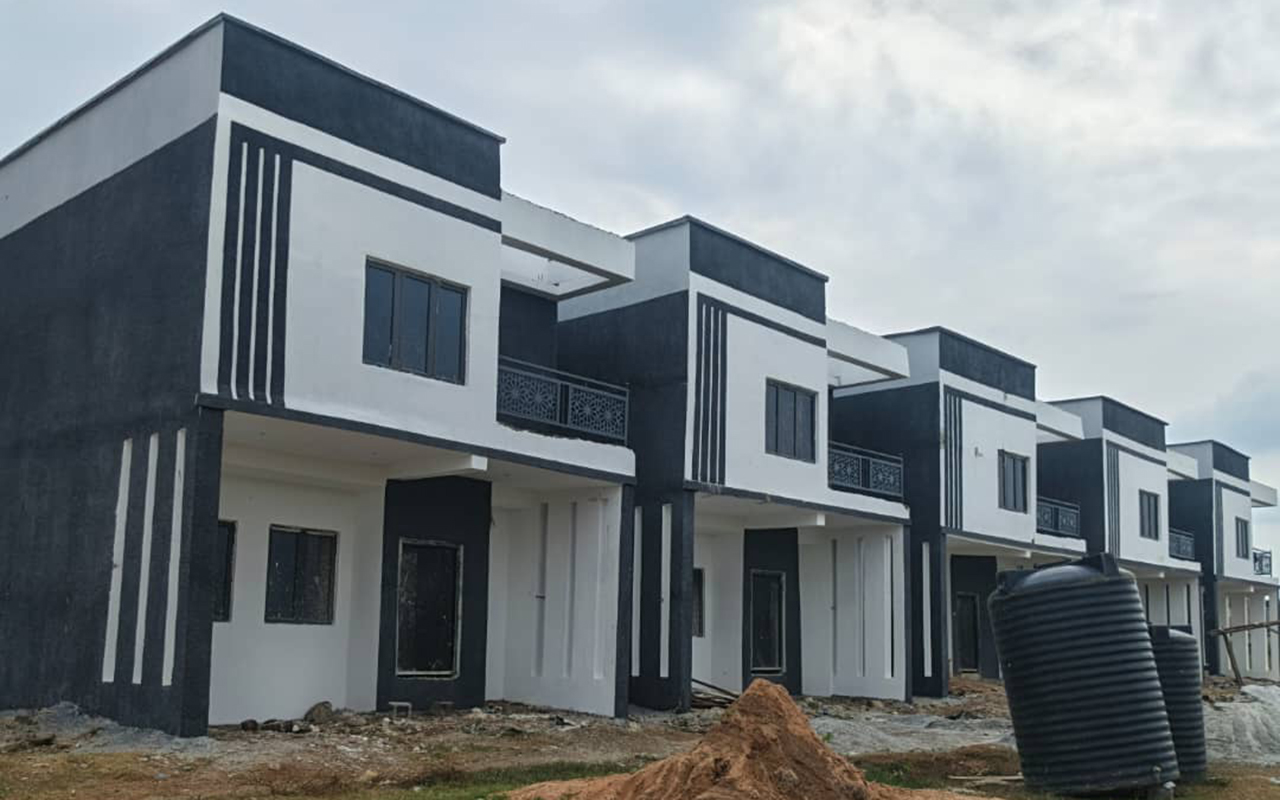Town planners have been urged to embrace flawless professionalism, uphold ethics, and strengthen institutional integrity as the foundation for enduring practice and national development.
This call was made by the past president of the Nigerian Institute of Town Planners (NITP), Nathaniel Atebije, while presenting a paper titled “Flawless Professionalism: The Soul of Enduring Practice in Urban and Regional Planning” at the inauguration of the Federal Capital Territory (FCT) branch of the Association of Town Planning Consultants of Nigeria (ATOPCON) in Abuja.
Atebije, who described professionalism as the “conscience of every enduring practice,” stressed that professional credibility in urban and regional planning depends on competence, integrity, and civic responsibility.
He said flawless professionalism represents the highest level of ethical, intellectual, and technical excellence that gives life and credibility to planning practice. “Professionalism is the hallmark of any credible discipline and the foundation upon which sustainable practice rests. Without professionalism, planning degenerates into bureaucratic routine or private speculation detached from the public good,” he said.
He explained that the planner is not just a technician but also a moral agent responsible for shaping human settlements that reflect justice, efficiency, and beauty.
Citing Aristotle, Kant, and contemporary planning theorists, Atebije argued that virtue, ethical conduct, and institutional memory are the pillars of sustainable professional practice.
According to him, “Flawless professionalism is not perfection, but the consistent upholding of ethical and technical standards without compromise.”
He noted that the inauguration marks an opportunity to reaffirm the commitment of private planning consultants to excellence, transparency, and the public good, particularly in Abuja, where urban expansion, land market complexities, and regulatory challenges test professional integrity.
Atebije identified competence, integrity, and service as the three essential dimensions of enduring practice, adding that “professionalism animates the practice just as the soul animates the body.” He warned that without ethical discipline, the profession risks losing its moral vitality.
He also highlighted the importance of institutional memory, the retention and transmission of professional knowledge, as a key ingredient of continuity in urban planning practice. “Without institutional memory, policies are easily reversed, standards eroded, and credibility lost,” he said.
The planner, he noted, must balance competing values such as growth versus conservation and private interest versus public good, using moral imagination to foresee the social consequences of planning decisions.
Speaking on the role of ATOPCON, Atebije described the association as the “entrepreneurial arm of the profession,” complementing the efforts of public-sector planners.
He said ATOPCON must serve as a moral compass for its members by promoting ethics, capacity development, innovation, and collaboration with regulatory agencies like the Town Planners Registration Council of Nigeria (TOPREC) and NITP.
He recommended several measures to institutionalise flawless professionalism in the consultancy sphere, including establishing mentorship frameworks to transmit values across generations, strengthening continuous professional development and peer review systems and promoting transparency, ethical accountability, and documentation of institutional memory.
He also sought to create a planning innovation lab to foster research-led innovation in digital planning tools and sustainable design. “The enduring strength of any profession lies not in the number of its members but in the depth of their commitment to excellence and morality,” he said, urging planners to prioritise a good name over material gain.
Delivering his welcome address, ATOPCON President, Hakeem Badejo, challenged the Abuja Branch to position itself at the forefront of smart city innovation, technological adoption, and policy advocacy.
He outlined key targets for the branch over the next year, including capacity building through upskilling members, developing proposals on Artificial Intelligence (AI) in city governance, leveraging Web3 technologies for urban planning, and introducing proposals for regenerative slum redevelopment within the FCT.
Badejo also encouraged members to explore the future of mobility, such as automated vehicles (AVs) and electric vertical take-off and landing (eVTOL) systems for integration into Abuja’s transport plans.
He urged the branch to generate visionary proposals that will help transform Abuja into a modern, liveable, and globally competitive smart city. “You should be the drivers of the future outlook of Abuja to be among the best three liveable cities in the world,” Badejo said. “With determination, innovation, and unity, the Abuja Branch can make ATOPCON and the town planning profession proud.”
Earlier, Coordinator, ATOPCON Abuja Branch, Dr Emmanuel Agbator, described the event as long overdue, noting that although Abuja has served as a hub of intense physical development for decades, it lacked an ATOPCON presence.
He emphasised that the branch would not work in isolation but in partnership to enhance the quality of planning, design, and implementation in the FCT. “We are poised to collaborate, cooperate, co-create and co-produce with the larger community of planners in the FCT to make Abuja a better living and working environment,” he added.






